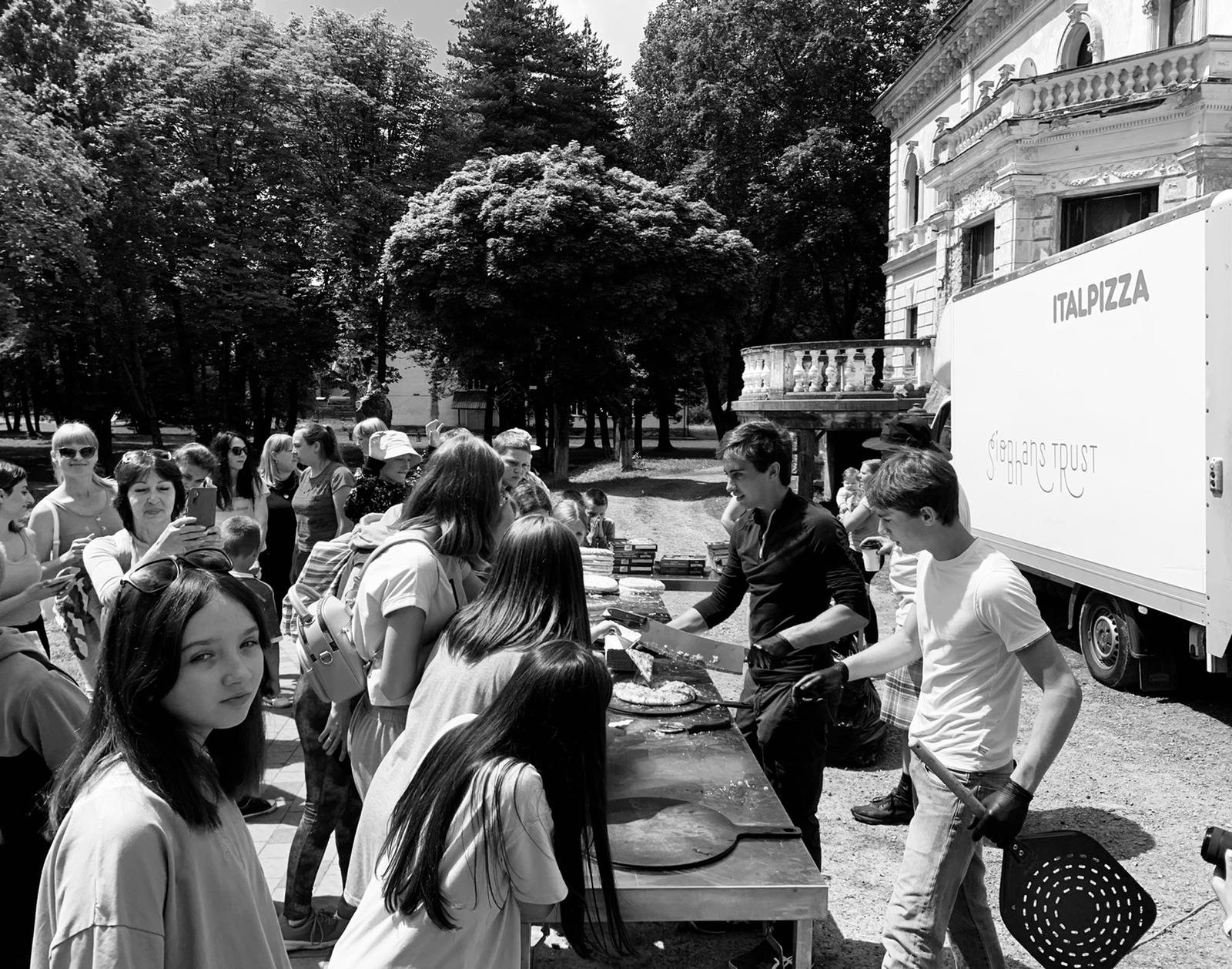
Mavrovouni Refugee Camp
For each generation there is an iconic photograph. A photograph that is seared into the collective consciousness, trumping the written word and changing the contemporary political discourse.
These photographs also all share the same characteristic through their familiarity and infamy, of retaining the power to shock the viewer decades later. For my grandparents generation it was the ‘Napalm girl’ running burned and naked down the road from a South Vietnamese attack. For my parents, it was the picture of the second plane hitting the World Trade Centre against an icy blue, clear Manhattan skyline. For my brother and I it was the picture of three year old Syrian refugee, Alan Kurdis’ washed up body on a beach. We had two reactions: what type of personal hell could drive a family to take those sort of risks and was there anything we could do to help those in such obvious desperate need.
It was a desire to answer these questions that led me to jump at the opportunity, given to me by some old Greek family friends, to work at a refugee camp on Lesbos - Alan Kurdis’ ultimate and tragically unaccomplished destination.
Here I saw luminous plastic mountains of discarded life jackets, some heart-wrenching small, tragic monuments to the desperation and hope of the refugees that had propelled them to make the perilous crossings that they had. I also learned that indifference is a human emotion played out all too often. Not much has seemingly changed, therefore, since WH Auden’s searing attack on anti-migrant feeling in his 1939 poem, ‘Refugee Blues’ in which he points out that migrants do not actually come to steal the ‘daily bread’ of others, but rather ‘once had a country that they thought fair’ which they are only too keen to return to, if they had the possibility of a safe life.
It is obviously easier to look away because it is so uncomfortable to be in proximity to another person’s suffering but definitionally this always makes ‘indifference’ an end-point and, as such, a dangerous appeaser of aggressors and apologiser for man-made tragedies. I worked for one of the resident charities, called ‘Movement on the Ground’, who have made outsized impacts on the lives of the refugees and I would like to continue supporting them by donating 5 percent of our annual net profit (a small number currently, but, hopefully with your help, a larger number in due course) by naming them as our first supported charity. They have after all taught me the meaning of the word ‘gratitude’. I could have been born in Aleppo or Kabul. I could be the victim of war. I learned from people with no possessions or money in their pocket - and with no place to go - citizens of the world, but citizens of nowhere - to be ‘grateful’ for what I have, even on my worst day.

Siobhan’s Trust - Ukraine
Crossing by foot over the No Man’s Land between Poland and Ukraine, holding nothing more than a half full shoulder bag of possessions and a mental map provided by Siobhan’s Trust of where to go, was scary. The flow of humanity seemed to be flowing determinedly in the opposite direction.
Taking the SIM card out of our mobiles, less a cluster of international ‘pings’ invited an incoming cruise missile strike and taking cover in bomb shelters as air raid sirens wailed in the ensuing days were also frightening experiences.
However, set against this backdrop of tension and destruction mundane day to day life continues in much of this huge country. Often it was hard to believe we were actually in a war zone. Like a Bruegel painting, Ukraine is currently a fantastic mix of the ordinary and extraordinary. The Ukrainians are brave, determined and resilient as are the Siobhan’s Trust volunteers who we met. The latter freely drive food trucks towards the front line, bringing with them their unique brand of joy and hope to thousands of displaced people.
With their motto of, ‘Make pizza, not war’ the Trust embodies the Ukrainian word, ‘toloka’ which means community work for the common good. The sense of helping people you do not know is powerful and for this reason we are pleased to support Siobhan’s Trust as heCTortyser.com’s second named charity. Slava Ukraini!
Please Help the ‘Mavrovouni Refugee Camp’ in Lesbos.
Your generosity will go a huge way in helping the refugees.
Please Help ‘Siobhan’s Trust’
in Ukraine.
Your generosity will go a huge way in helping the displaced people of Ukraine.
